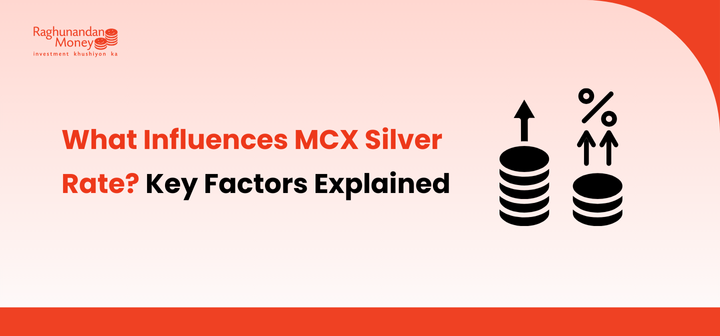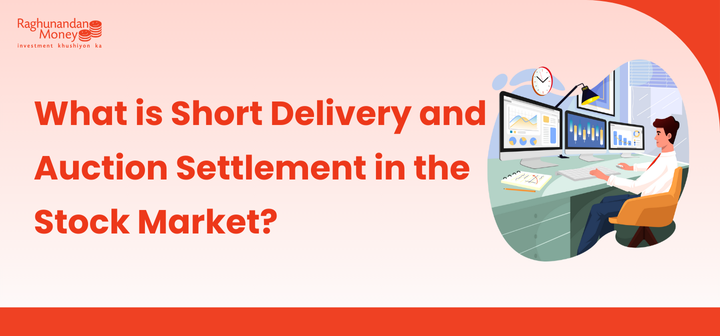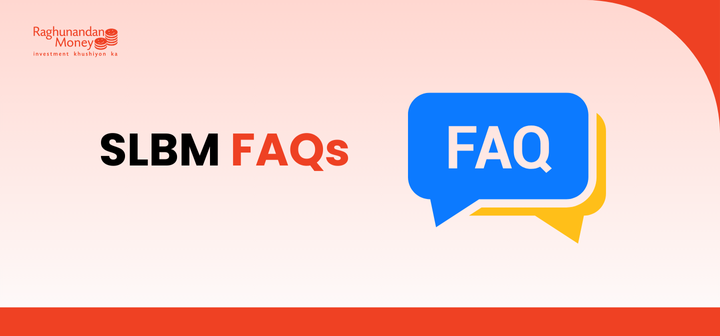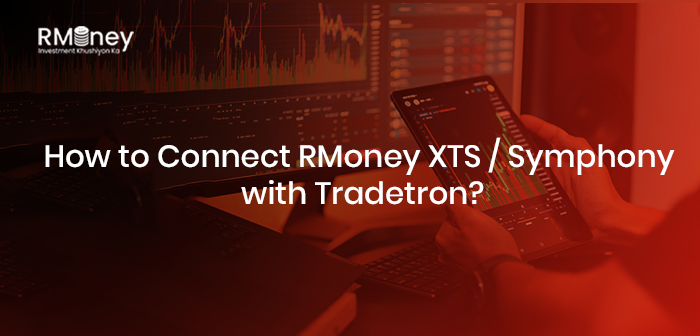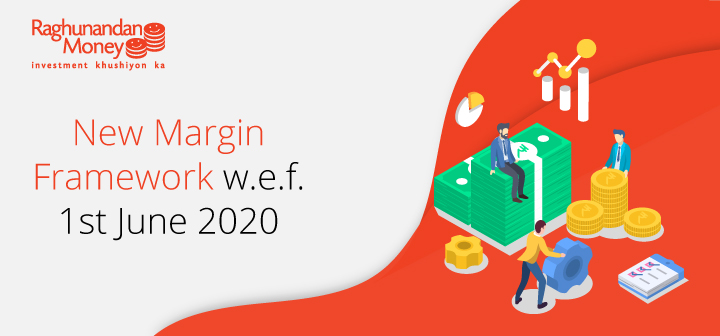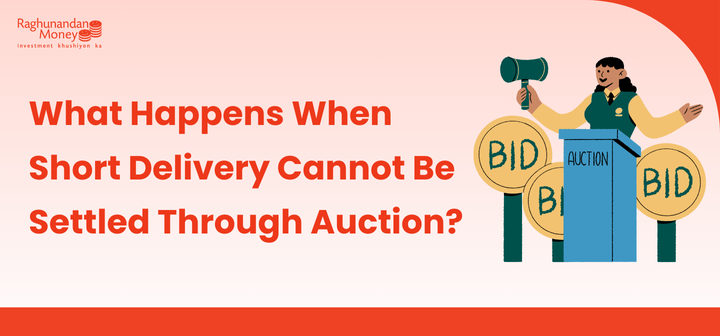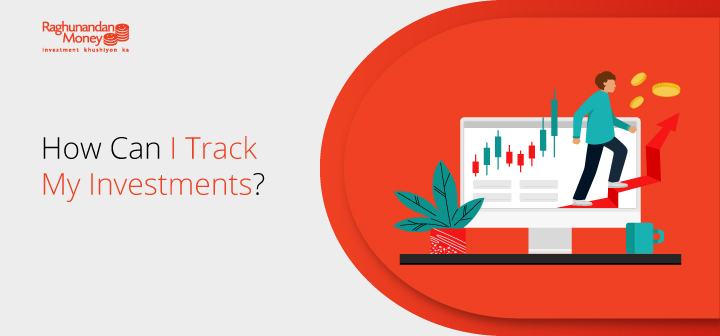Futures Contract: Meaning, Definition, Pros & Cons.
Disclaimer:-Investments in the securities market are subject to market risks. This content is for Educational purposes only and does not constitute financial advice
Topics Covered:
- What Is a Futures Contract?
- Key Aspects of Futures Trading
- Pros and Cons of Futures
Introduction
Market fluctuations can often create uncertainty for traders and investors. To counter price volatility and secure financial positions, futures contracts come into play. These legal agreements bind parties to buy or sell an underlying asset at a predetermined price and date in the future. Unlike options, futures contracts are obligatory, ensuring the agreed terms are honored upon expiration.
Whether for commodities, stocks, or bonds, futures trading requires an understanding of its mechanisms, risks, and opportunities. This blog explores the meaning, structure, and advantages and disadvantages of futures contracts, offering insights to both novice and experienced investors.
Key Participants of Future Market
A futures contract is a standardized agreement between two parties to trade an asset, such as a commodity, stock, or bond, at a fixed price on a specified future date. These contracts are primarily used for three purposes:
Hedging: To safeguard against unfavorable price movements.
Speculation: To profit from anticipated price changes.
Arbitrage: To exploit price differences between markets by buying and selling assets simultaneously.
Hedgers aim to stabilize prices, minimizing risk rather than seeking profits. For example, a farmer locking in a fixed price for their harvest to avoid losses from price drops.
Speculators, on the other hand, trade with the goal of profiting from market trends. For instance, a trader predicting a price increase may buy a futures contract at the current rate and sell it later at a higher price to pocket the difference.
Arbitrageurs are market participants who exploit price differences of the same asset in different markets or exchanges. They aim to make risk-free profits by buying an asset in one market at a lower price and simultaneously selling it in another market at a higher price. Arbitrageurs play a crucial role in maintaining market efficiency by narrowing price gaps and ensuring fair pricing across markets.
One critical aspect of futures contracts is their daily price settlement. At the end of each trading day, accounts are adjusted to reflect any changes in the contract’s value. This process helps minimize unexpected losses by maintaining a balance between buyers and sellers.
Key Aspects of Futures Trading
- Volatility: Futures trading is highly dynamic, with prices influenced by factors such as global events, geopolitical tensions, and market sentiment.
- Leverage: Futures require only an initial margin, typically a fraction of the contract value, enabling traders to control larger positions. For instance, with a 5% margin requirement, you can trade a ₹1 lakh contract by paying just ₹5,000.
- Zero-Sum Game: Gains for one party in a futures contract mean equal losses for the counterparty.
- Expiration Date: All futures contracts have a specified maturity date, by which the terms must be fulfilled through physical delivery or cash settlement.
Example:
Imagine crude oil futures are trading at ₹5,000 per barrel for delivery in three months. A trader anticipating a price increase buys a contract for 100 barrels. If the price rises to ₹5,200, the trader gains ₹20,000 [(₹5,200 – ₹5,000) x 100]. However, if the price drops to ₹4,800, they incur a ₹20,000 loss.
| Advantages |
Disadvantages |
| Speculative Opportunities: Traders can profit from price movements in the underlying asset. |
Risk of Losses: Leverage amplifies losses if the market moves unfavorably. |
| Hedging Tool: Futures allow businesses and investors to protect against adverse price changes. |
Margin Calls: If losses exceed the margin, traders may need to deposit additional funds. |
| Lower Upfront Costs: Initial margin requirements make futures accessible to many traders. |
Missed Market Gains: Hedgers may lose out on favorable price movements. |
| Standardization and Transparency: Futures are regulated and offer clear pricing. |
Complexity: Requires expertise and constant market monitoring. |
Practical Considerations for Traders
- Risk Management: Always set stop-loss orders to limit potential losses.
- Stay Informed: Monitor global market trends, as they can significantly impact asset prices.
- Choose a Reliable Broker: Collaborate with established brokers like RMoney for smooth transactions and expert guidance.
- Understand Leverage: Use leverage judiciously, ensuring you have enough funds to cover potential losses.
Conclusion
Futures contracts are a powerful financial tool, offering opportunities for hedging and speculation. While they provide protection against price volatility, the risks of leverage and market complexity should not be underestimated.
Whether you’re a producer safeguarding your margins or an investor seeking portfolio diversification, futures trading demands a clear strategy, market knowledge, and disciplined risk management. By understanding both the pros and cons, traders can maximize the potential of futures while mitigating their risks.
Kickstart your investment journey seamlessly with RMoney. Open your Demat Account to invest today!

Stock Trading Now trade in ₹9 Per Order or ₹ 999 Per Month Plans.
Future & Options Access F&O contracts with advanced tools for hedging and speculation.
Currency Trading Trade in major currency pairs and manage forex exposure efficiently.
Commodity Trading Diversify Trading with MCX & NCDEX by Trading in Gold, Silver, Base Metals, Energy, and Agri Products.
Margin Trading Funding Boost your buying power with upto 5X, Buy now Pay Later
Algo Trading Back test, Paper Trade your logic & Automate your strategies with low-latency APIs.
Trading View Leverage Trading View charts and indicators integrated into your trading platform.
Advanced Options Trading Execute multi-leg option strategies with precision and insights.
Stock Lending & Borrowing Earn passive income by lending stocks securely through SLB.
Foreign Portfolio Investment Enable NRIs and FPIs to invest in Indian markets with ease and compliance.
IPO Invest in upcoming IPOs online with real-time tracking and instant allotment updates.
Direct Mutual Funds 0% Commissions by investing in more than +3500 Direct Mutual Fund Scheme.
Corporate FDRs Earn fixed returns with low-risk investments in high-rated corporate fixed deposits.
Stocks SIPs Build long-term wealth with systematic investment plans in top-performing stocks.
Bonds & NCDs Access secure, fixed-income investments through government and corporate bond offerings.
Depository Services Safely hold and manage your securities with seamless Demat and DP services with CDSL.
Journey Tracing our growth and milestones over time.
Mission & Vision Guided by purpose, driven by long-term vision.
Why RMoney Platform Smart, reliable platform for all investors' needs.
Management Experienced leadership driving strategic financial excellence.
Credentials Certified expertise with trusted industry recognition.
Press Release Latest company news, updates, and announcements.
Testimonials Real client stories sharing their success journeys.
7 Reasons to Invest Top benefits that make investing with us smart.
SEBI Registered Research Trusted insights backed by SEBI-compliant research.
Our Technology Advanced tools enabling efficient online trading.
Calculators Access a suite of smart tools to plan trades, margins, and returns effectively.
Margin Calculator Instantly check margin requirements for intraday and delivery trades.
MTF Calculator Calculate MTF funding cost upfront to ensure full transparency before placing a trade.
Brokerage Calculator Know your exact brokerage charges before placing any trade.
Market Place Explore curated investment products and trading tools in one convenient hub.
RMoney Gyan Enhance your market knowledge with expert blogs, videos, and tutorials.
Performance Tracker Track our research performance with full transparency using our performance tracker.
Feedback Share your suggestions or concerns to help us improve your experience.
Downloads Access important forms, software, and documents in one place.
Locate Us Find the nearest RMoney branch or service center quickly.
Escalation Matrix Resolve issues faster with our structured support escalation process.
Back Office Log in to view trade reports, ledger, and portfolio statements anytime.
Account Modification Update personal or bank details linked to your trading account.
Fund Transfer Transfer funds instantly online with quick limit updation to your trading account.
Bank Details View our registered bank account details for seamless transactions by NEFT, RTGS or IMPS.
How to Apply IPO Step-by-step guide to apply for IPOs using your trading account.
RMoney Quick Mobile App Trade on-the-go with our all-in-one mobile trading app.
RMoney Quick login Quickly access your trading account through the RMoney Quick web-based trading.
RMoney Rocket Web Version Experience powerful web-based trading with advanced tools for algo traders.
RMoney Rocket Mobile Version Trade anytime, anywhere with our feature-rich mobile trading platform.


